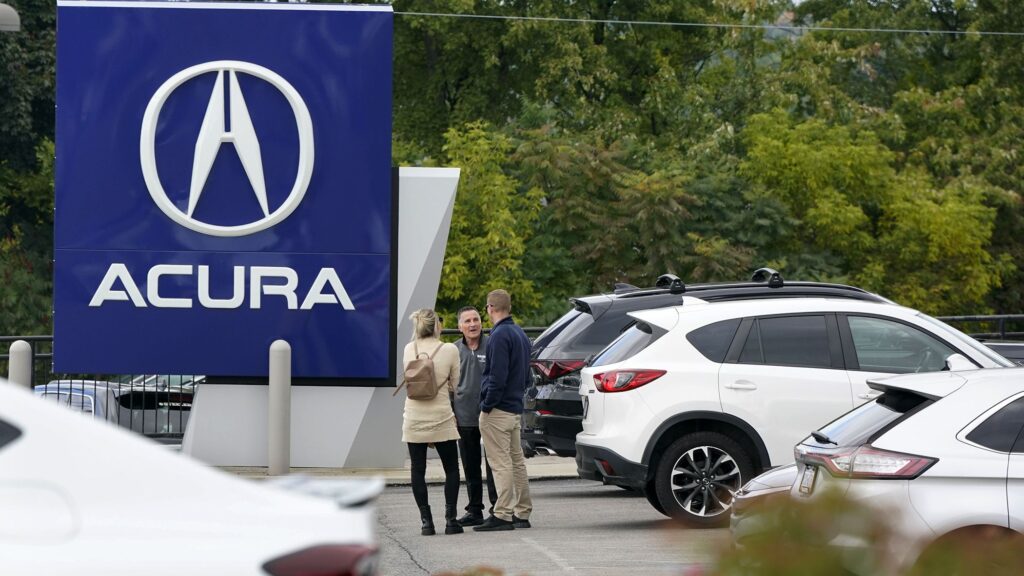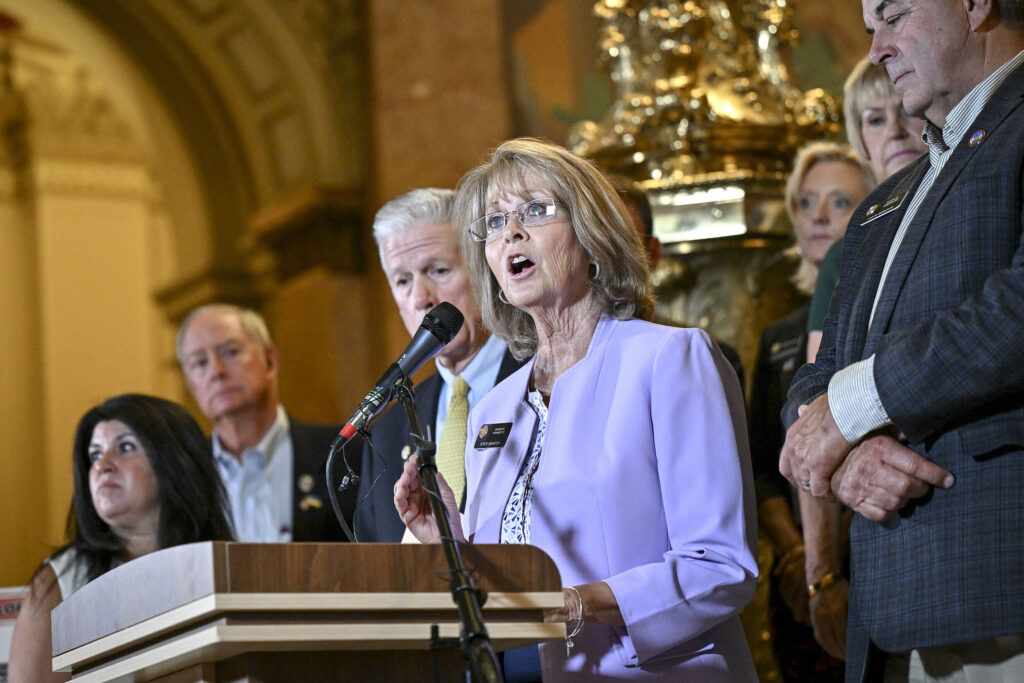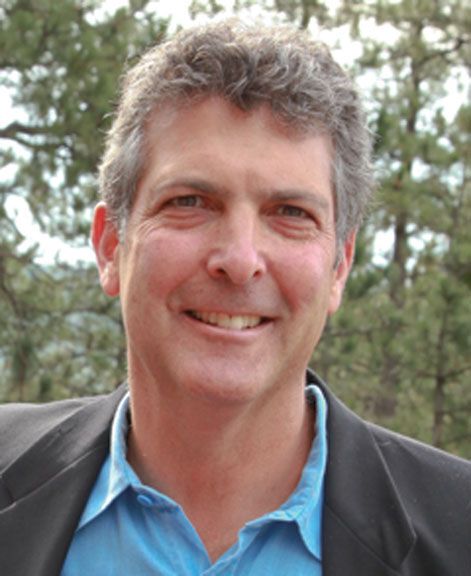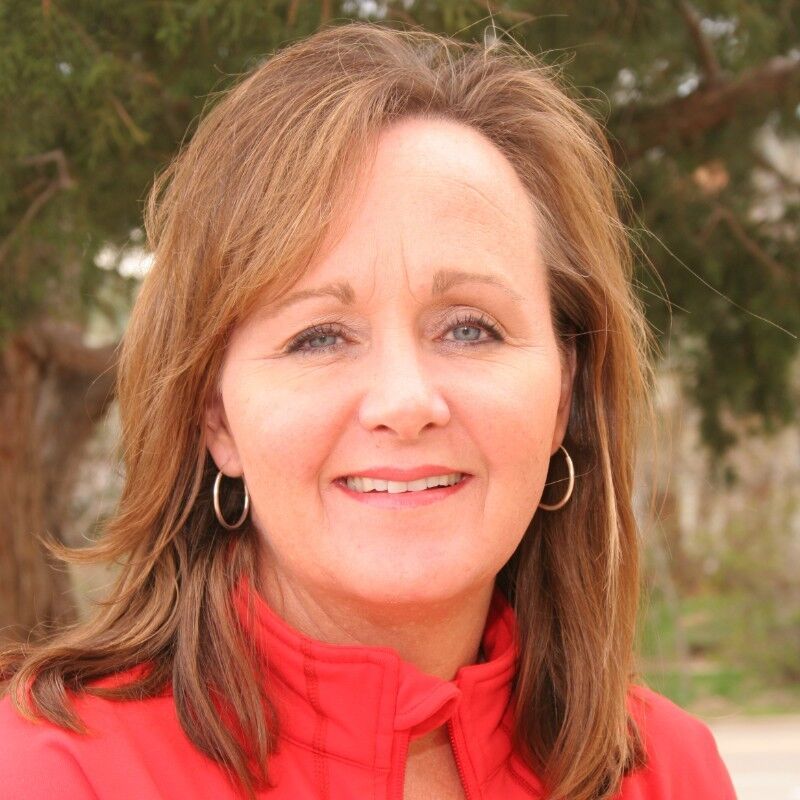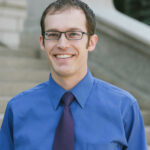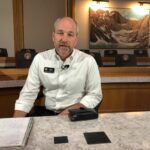Cakeshop debate is ultimately about embracing diversity and inclusion
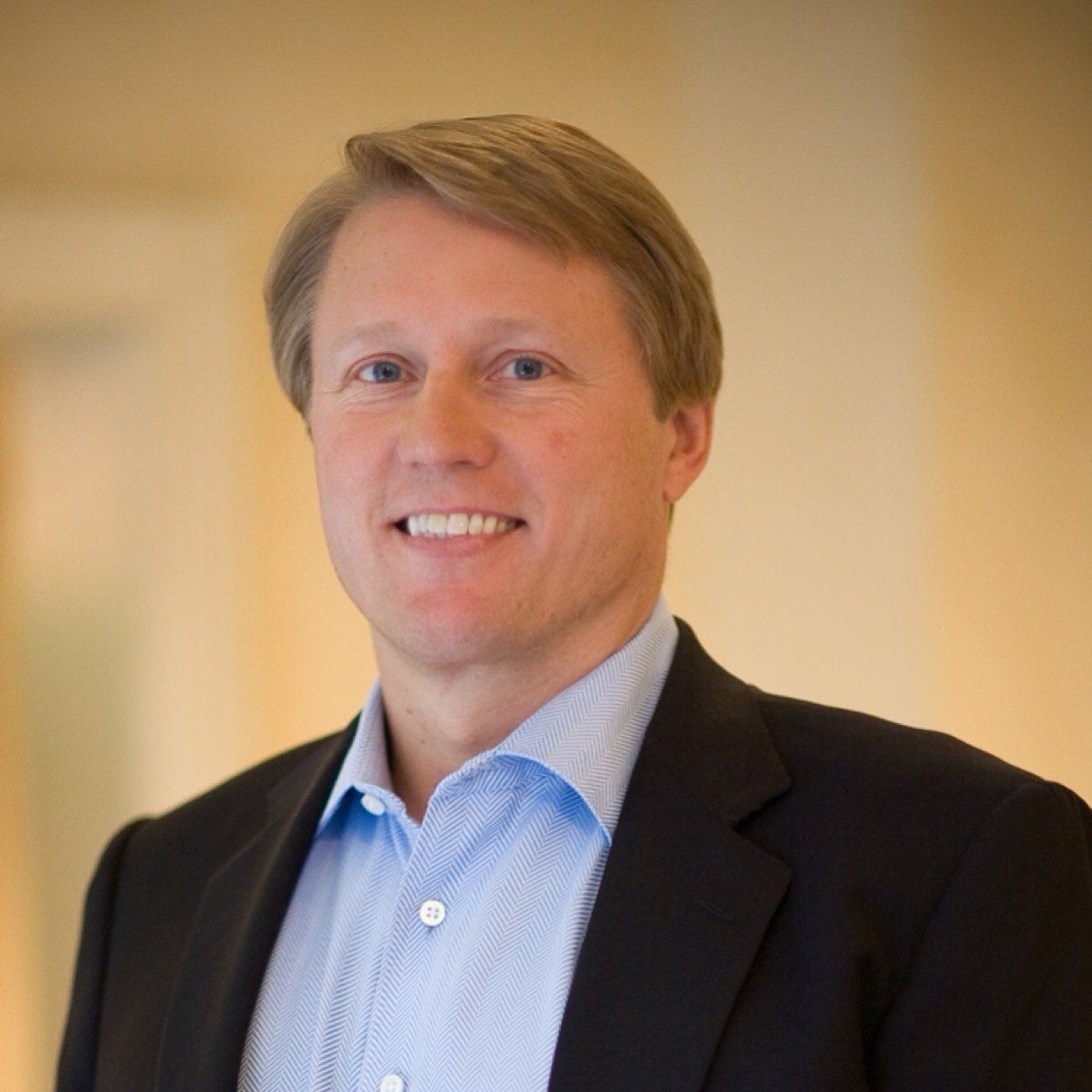
In 2012, Charlie Craig and David Mullins walked through the doors of Masterpiece Cakeshop hoping to buy a cake for their wedding reception. When the owner refused citing religious objections the same-sex couple sued.
As legal decisions and appeals moved through the court system, the case transformed into a five-year debate on religious freedom, the First Amendment, and the fundamentals of American democracy and equality. What began as a single transaction in a Lakewood strip mall ignited a national debate from Massachusetts to Hawaii.
The debate will soon receive national attention when the case goes before the U.S. Supreme Court. There is no question of how much is at stake.
Dozens of businesses, hundreds of political figures, and over a thousand faith leaders have voiced their support for Craig and Mullins. They all believe, as I do, that a business that is open to the public must not be able to discriminate on the basis of race, religious beliefs or sexual orientation.
I have immense respect for the beauty of the First Amendment and freedom of religion. Yet I have equal respect for the fundamental civil rights that our country was founded on, and has fought for. In this case the balance of reason should come down on protecting individual citizens from arbitrary discrimination. Doing anything else will create incredibly unhealthy ambiguity about who can refuse what to whom.
Imagine if the law protected business owners who refused to sell a house or rent an apartment to same-sex couples, or to offer childcare for unmarried parents, or even to provide health care services to individuals whose religious beliefs were different from their own. People should not be turned away from businesses and services simply because of who they are or how they look. That’s not how we build strong communities.
This is not only about avoiding tremendous harm to American citizens who should have equal access to public places of business. It is also about America’s progress on the diversity and inclusion front, which I would argue is among the most impressive in the entire world. This is not to say we do not have a great distance to travel yet. It is to say, however, that few countries have made the progress that we have, few countries have the heterogeneity we have, and few countries are experiencing such broad and progressive advances within a single generation. This diversity is making us stronger, more thoughtful, and more creative.
We must feel empathy for those in a religion who are uncomfortable with the actions of others that are inconsistent with their religious beliefs. That is hard. But that cannot mean that citizens who are not of that religion can be subjected to arbitrary discrimination for services available to everyone else. What if gay couples started denying services to all members of that religion?
The larger point is, what is our vision for our country? I cherish our hard-earned humanity, I cherish our progress on embracing diversity, I cherish unifying forces and will join hands with those who fight the forces of division and exclusion. The principle of equality is fundamental to our country, as fundamental as the free practice of religion. For those principles to co-exist, they require that all people be treated equally under the law – including the laws governing equal access to public accommodations. In the Gettysburg Address President Lincoln proudly pointed out that “our fathers brought forth, on this continent, a new nation, conceived in Liberty, and dedicated to the proposition that all men are created equal. “
As the Masterpiece case moves to the U.S. Supreme Court, we are reminded that our Founding Fathers’ proposition of equality was one of genius, but also one we must continually fight for.







